We may earn money or products from the companies mentioned in this post. This means if you click on the link and purchase the item, I will receive a small commission at no extra cost to you … you’re just helping re-supply our family’s travel fund.
You came for road trips, neon skylines, and national parks. Keep the glow going by minding a few local norms. In the U.S., courtesy leans practical: tip for service, wait your turn, keep the aisle clear, and give people space. You will meet warmth everywhere from diners to trailheads when you read the room and respect boundaries. Learn the cues, slow your voice, and say please and thank you. Small gestures travel far. They turn transactions into conversations and help every door open.
Skipping Tips or Leaving Too Little

Servers, bartenders, rideshare drivers, and hotel housekeepers depend on tips to make a living. In most sit-down restaurants, you tip on the pre-tax total. Eighteen to 20 percent signals standard appreciation, more for standout service, less only if a manager helps fix a serious problem. Counter spots with a jar are optional, but a dollar or two for coffee or a quick bite reads as kind. Tip housekeeping daily in cash, since staff rotate. No coins. No stiffing. Gratitude is part of the check.
Cutting Lines or Crowding the Counter

Americans queue for coffee, stadium security, park shuttles, and food trucks. The rule is simple: join the end, leave a body’s length of space, and make eye contact with the next staffer when it is your turn. Drifting toward the register or resting elbows on the counter while someone else orders reads as pushy. If you are unsure where the line starts, ask. At crowded bars, order quickly, pay promptly, and slide aside so others get a turn. Courteous rhythm keeps service flowing.
Using an Outdoor Voice Indoors

Volume is culture. In many U.S. cities, loud speakerphone calls in trains, museums, and restaurants land as self-centered. Keep calls short, switch to headphones, and move outside for long chats. If you need to video call, find a bench or a quiet corner. In small towns and national parks, voices carry even more. Let the room set your level. When you lower your tone, you invite conversation instead of competing with it. People notice calm energy and often match it.
Blocking Sidewalks, Doorways, or Escalators
Think of sidewalks like highways. Keep right, pass on the left, and step aside for photos. Do not stop at the top of stairs or in a doorway to check a map. On escalators and moving walkways, stand to the right so walkers can pass. With strollers or luggage, pull to the curb to regroup. These tiny choices show respect for pace and space, especially in commuter zones. You will feel the city exhale when you move with its flow instead of against it.
Crowding Personal Space or Skipping Small Talk
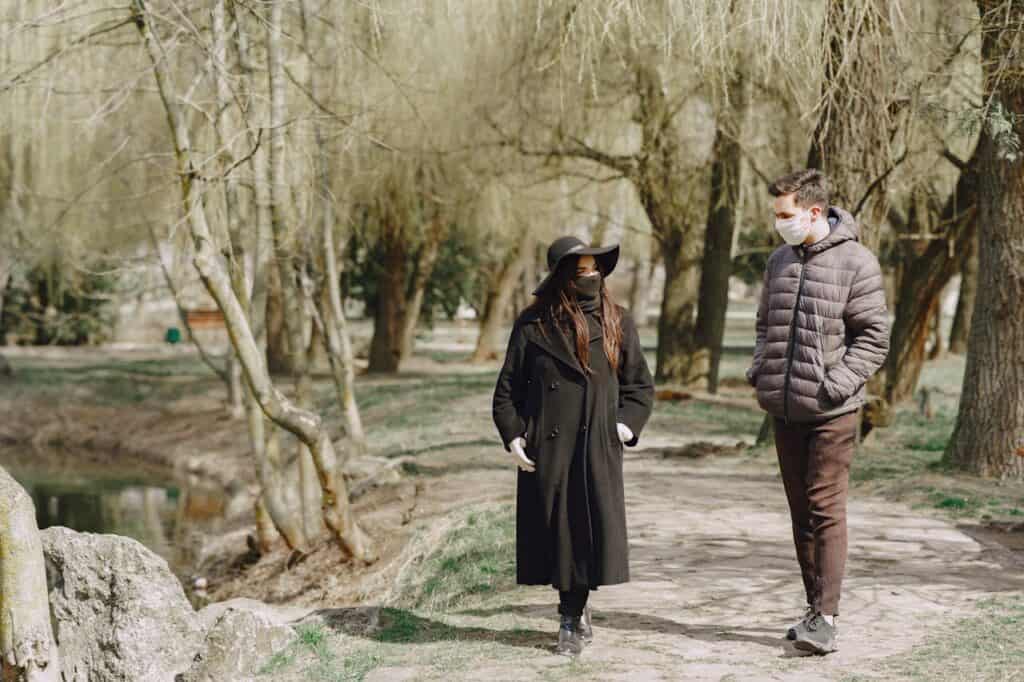
Personal bubbles are real. Arms-length distance is typical with strangers, closer only after an invitation. Unsolicited touches, even friendly pats, can feel intrusive. Light small talk oils daily life. A quick how are you, great weather, or love your hat sets an easy tone before asking for directions or help. It is not fake. It is a bridge that keeps interactions relaxed. If the other person keeps answers short, take the cue and step back physically and conversationally.
Haggling Where Prices Are Fixed
Bargaining is not standard at grocery stores, boutiques, or most markets. Asking for a discount at the register, pointing to a tiny scratch, or announcing a cheaper online price will not win friends. Do ask about promotions, loyalty programs, or price matches where policies permit, and watch for seasonal sales. Haggling fits only at flea markets, yard sales, antique fairs, and some art shows, and even then you should keep it polite and specific. Cash ready, smile, and accept no with grace.
Ignoring Crosswalks and Signals
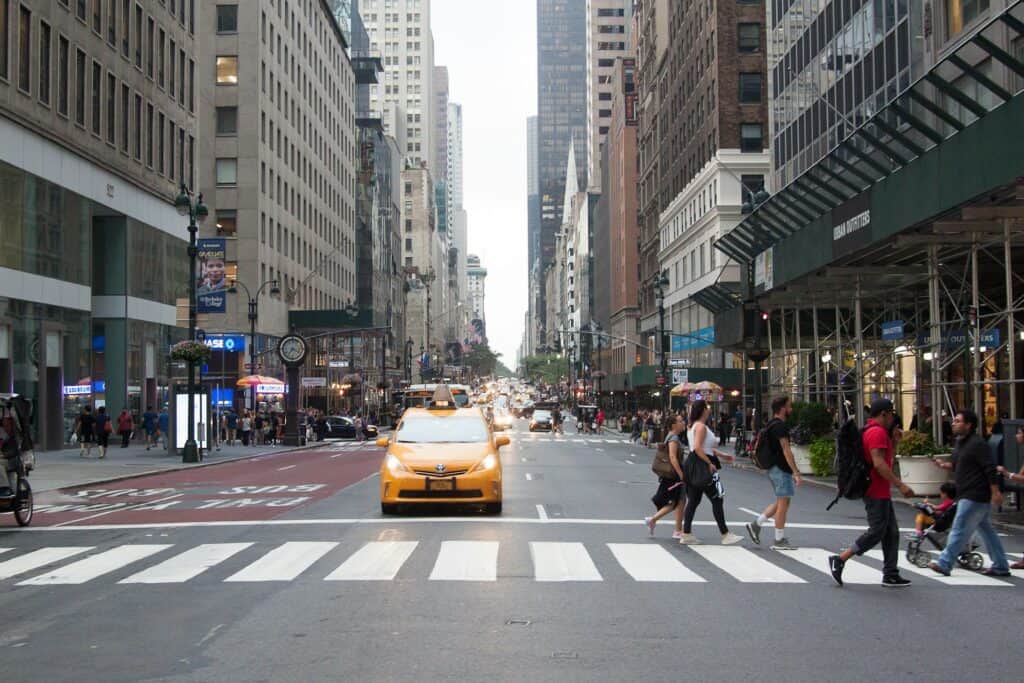
Jaywalking in front of traffic, crossing on a red hand, or stepping into bike lanes forces drivers and cyclists to brake hard and sparks anger fast. Use marked crosswalks, wait for the walk sign, and look both ways for turning cars. In suburban areas with wide roads, speeds are higher than they appear. Hold kids’ hands, keep dogs short-leashed, and avoid screens while crossing. When you play by the signals, drivers will often wave you through. Safety reads as respect.
Open Containers and Street Drinking

Many U.S. cities and states ban alcohol in public spaces outside permitted zones. Walking with an open beer, brown-bagging spirits in a park, or sipping on public transit can bring fines. Know the local rules. Beach towns and festival areas sometimes allow it in specific blocks or during posted hours. If you want to toast a sunset, pick a bar patio or a restaurant table. Keep rideshare cups lidded and empty. A small check of the law saves a big headache.
Smoking or Vaping Near Others
/Unsplash
Smoking is banned inside most public places and often within a set distance from doors. Vaping is treated similarly. Do not light up on hotel balconies, at pool edges, or in crowded lines. Look for designated areas, usually away from entrances, and use ash cans. On trails and beaches, embers spark wildfires and butts damage habitats. If a host says no smoking anywhere on the property, believe them. Fresh air and clean lungs are part of why people travel.
Turning Every Chat Into Politics or Personal Finance

Americans debate hard topics, but springing into money, religion, or national politics with a cashier or seatmate can feel like a test. Ask about food, sports, parks, or music instead. If a local opens the door to heavier conversation, follow their lead and keep your tone curious rather than certain. Avoid quizzing new acquaintances about salaries or rent unless they volunteer. Respect for boundaries keeps conversations warm and prevents a fun night from drifting into stress.
Photographing Strangers Without Permission

Candid street shots are part of travel, yet close-ups of people, especially children, without consent are a hard no. Ask before you shoot buskers, shopkeepers, and families. A quick mind if I take a photo and a tip for performers earn goodwill. In museums, galleries, and Indigenous cultural sites, obey no-photo signs. If someone declines, thank them and move on. You can capture the scene without making a person a prop. Dignity should frame the picture.
Disrespecting Parks, Trails, and Sacred Sites
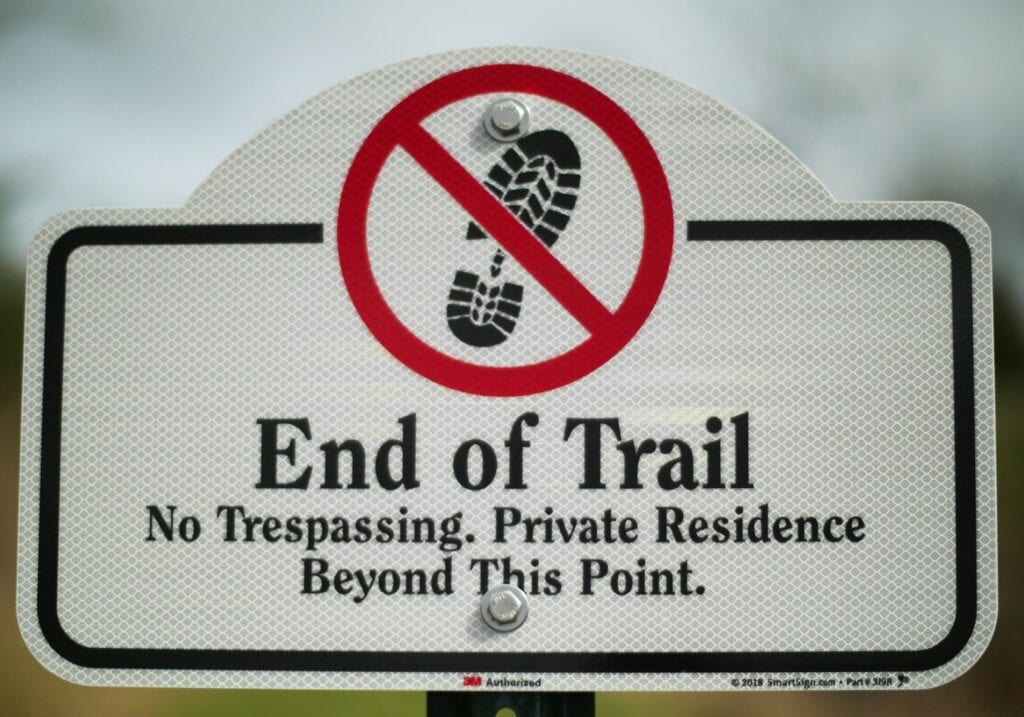
Leave No Trace is the norm. Stay on marked trails, pack out trash, never feed wildlife, and keep noise low. Rock stacks, carved initials, and drone flights in restricted zones damage fragile places and face fines. In areas with Indigenous significance or historic weight, read posted guidance, skip climbing on ruins, and dress modestly if asked. Rangers are allies, not obstacles. When you treat public lands and sacred spaces with care, you keep them open for the next traveler.
Skipping Basic Courtesies With Service Staff

A smile, a greeting, and a clear please and thank you matter. Confirm your order, listen for your name, and step aside so the line moves. If something is wrong, explain calmly and give staff a chance to fix it before escalating. Do not snap, clap, or whistle to get attention. Respect posted hours and last-call times. People remember kindness, and kindness often comes back as extra help, a local tip, or a saved table on a busy night.
Other Blog Posts You Might Enjoy
www.idyllicpursuit.com (Article Sourced Website)
#Rude #American #Habits #Avoid #Traveling #States #Author #Kathy #Haan
